The big picture of Bulgaria’s military history is painted by eyewitness accounts and documentary studies by researchers. But if we want to find out what the people who have left their small imprint on the global picture were really like, we should take a look at the family albums and their personal belongings, handed down from generation to generation.
At the beginning of every year the National Museum of Military History mounts an exhibition to honour the benefactors who have opened their family’s archives the previous year to donate belongings that are close to their hearts. Almost 900 artifacts were donated to the museum in 2019, and some of them are on display as part of the exposition “Remembrance for the future”.
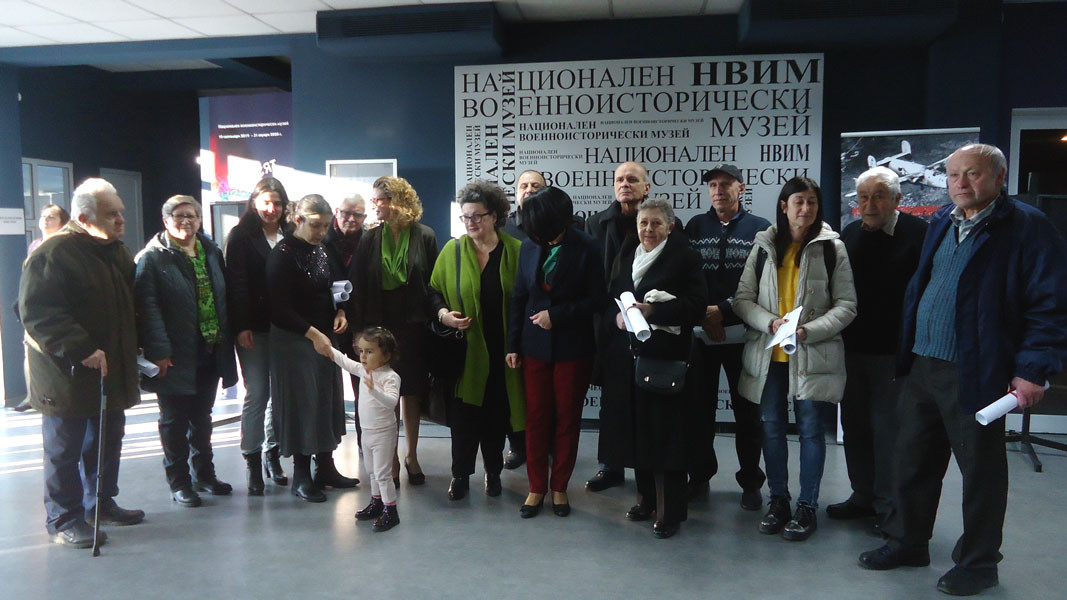
Private benefactors come to the museum guided by an intense feeling for history, Deyana Kostova from the National Museum of Military History. They believe that the pieces of their own family history will contribute to a more true-to-life, personal story of Bulgaria’s army, a story easier to comprehend by the public. They are people with a past they are proud of, and this pride is passed down from generation to generation as a powerful factor forming attitudes to the country’s history.
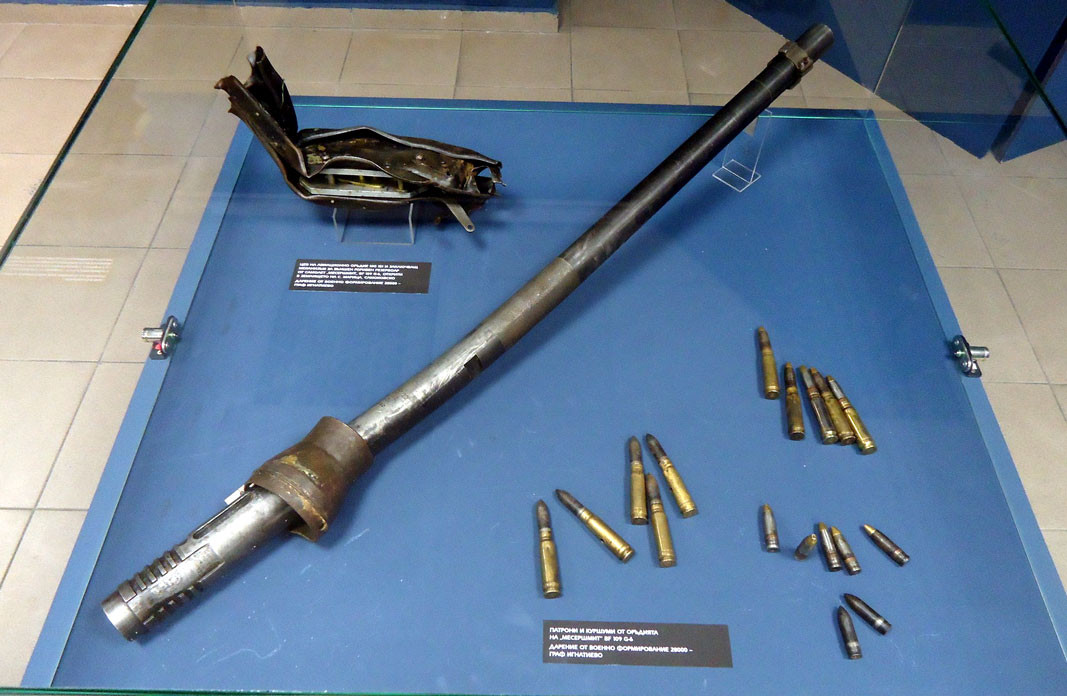
The exhibits include a coin from the time of Tsar Ivan Alexander, the seal of Count Ignatiev, an aircraft artillery muzzle, a locking mechanism and cartridges from the Messerschmitt aircraft found near Maritsa village, as well as a portrait of the officer Dimitar Mihov, a participant in the national reunification wars painted by army painter Boris Denev.
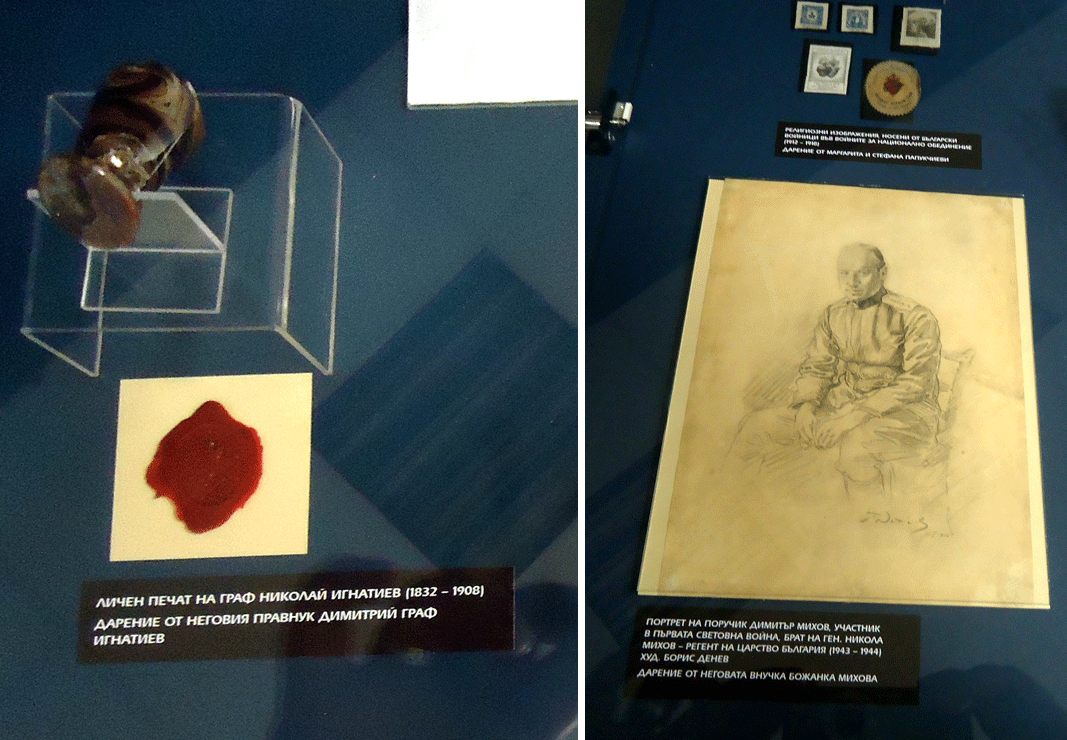
Visitors can also see the riding crop belonging to colonel Dimitar Mladenov – the military commander, who, at the end of World War II, managed to maintain the positions of his garrison, surrounded by the country’s former allies, the Germans, and who brought almost all of his soldiers back to Bulgaria alive.
My grandfather took an oath to Bulgaria, I too decided to stay in the country and make my contribution to building a better future for us all, says the colonel’s granddaughter Maria Nikolova. My motivation to donate belongings of his comes of my belief that at the museum they will be better preserved for the generations, and also that this will prompt more people to make donations because family relics should be seen by the public at large. My deepest heartfelt feeling is that war must remain a thing of the past for Bulgaria and for the whole human race.
The descendants of minister of war and Balkan War hero General Mihail Savov started making donations in 1938. His daughter was the first to donate her father’s uniform and medals, and now, his grandson Mihail Berov is handing over to the museum the general’s last remaining belongings. The donation includes a set of figures the military commander put on the map to play out battles, but one of the most precious objects connected with him is his political legacy.
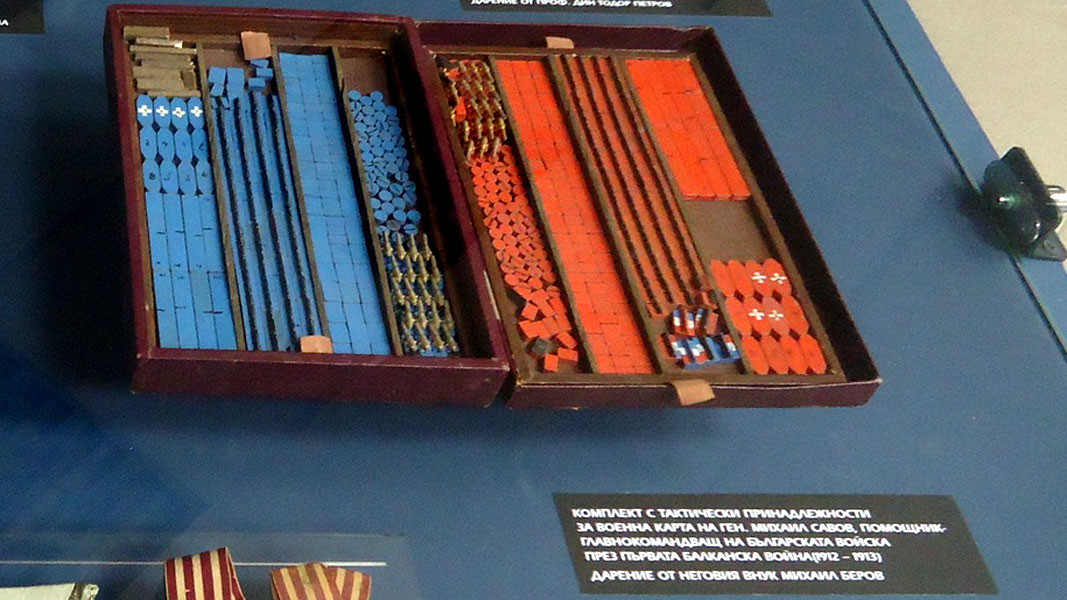
General Mihail Savov was committed to the unification of Bulgaria, Mihail Berov says. That is why the “essence” of his political legacy is carved into his gravestone – the only monument facing southwest, towards Macedonia. He bequeaths to the coming generations the unaccomplished ideals of his time. And the only person he allowed to put a wreath on his grave was his daughter. My mother sent back Tsar Boris III’s wreath back three times, all the more so that my grandfather was skeptical of the monarchy and spoke often of the dynastical errors committed. His political legacy is printed on an enormous obituary, the work of the officers’ associations and fellow members of Stefan Stambolov’s liberal party. The obituary is on display at the museum.
Besides exhibits connected with the history of the Bulgarian army, the exhibition also features items connected with the country’s most modern history, such as the belongings of Sergeant Major Ivelin Indzhov, a member of the NATO mission in Afghanistan.
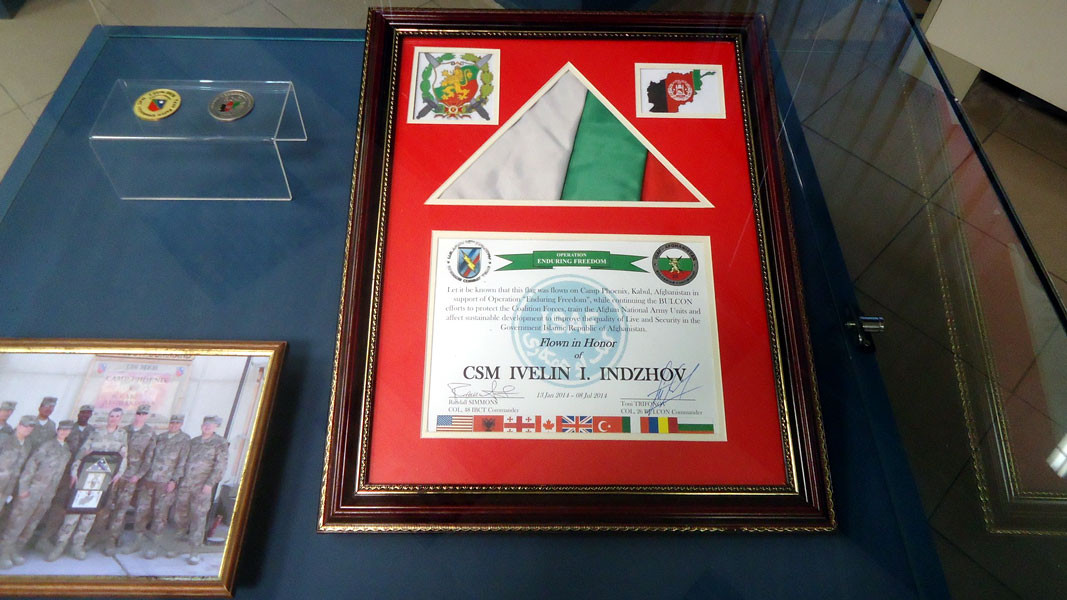
Photos: Diana Tsankova